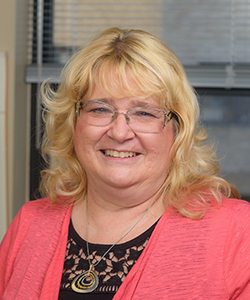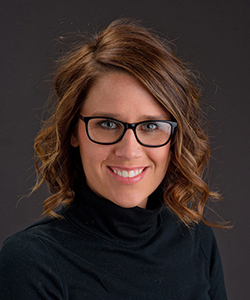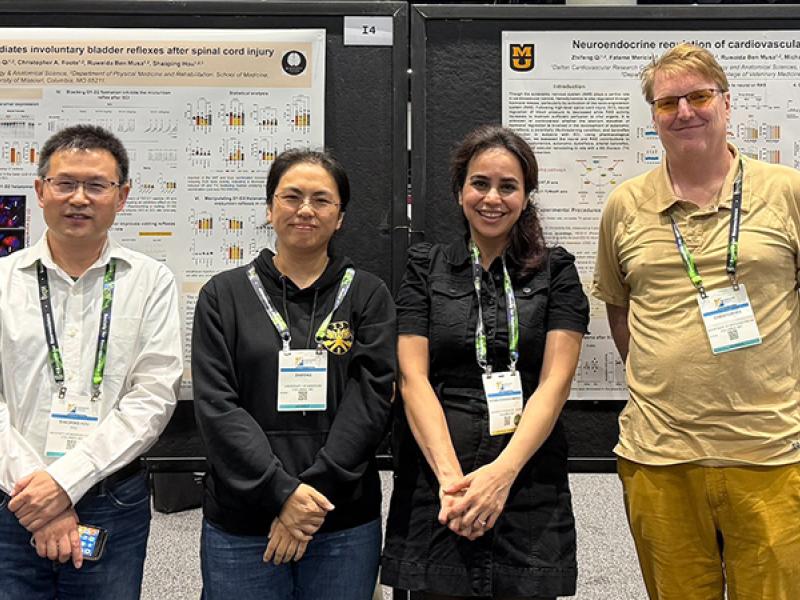
The federal grant will fund research into Caregiver Speaks, a unique photo-based intervention to help caregivers of people living with dementia and Alzheimer’s disease.
Over 5 million Americans live with Alzheimer’s disease and require daily care. The Centers for Disease Control and Prevention (CDC) predicts that number will double by 2060. Now, the National Institutes of Health has awarded two University of Missouri School of Medicine researchers a $3.5 million grant to study interventions for family caregivers of people with Alzheimer’s disease and other dementias.

“Caregivers are the silent, ignored victims of the disease,” researcher Debra Parker Oliver, PhD, the Paul Revare, MD, Family Professor of Family Medicine said. “They suffer tremendously as the person dies before their eyes, only they’re still alive.”
The study will marry the narrative intervention training of Abigail Rolbiecki, PhD, assistant professor of family and community medicine, and Parker Oliver’s 40-year history studying end-of-life and hospice care. Funding for Alzheimer’s disease research has grown in recent years, but this longitudinal study will be the first to examine family caregivers of those living with dementia.
Unlike diseases with relatively short life expectancies, Alzheimer’s disease often requires several years of daily caregiving while a person’s cognitive function deteriorates. If research shows Caregiver Speaks helps caregivers of those with dementia, it could be used for caregivers of other diseases, Rolbiecki said.
Created by Rolbiecki and Parker Oliver, the Caregiver Speaks intervention invites caregivers into a private Facebook group and encourages them to take photographs and share them to spark self-reflection and group discussion. It’s a technique called photo elicitation. Caregiver Speaks is a tool to reduce the common feelings of depression, anxiety and intense grief experienced by caregivers.

“We're asking them to photograph what they feel best represents their lived experience with Alzheimer’s and then to talk about the meaning of these photos as a group,” Rolbiecki said. “Everyone has Facebook, and for caregivers, particularly caregiving at the end of life, it’s a tangible tool they can have access to at any point of the day or night.”
Because of the long-term nature of caring for those living with dementia, participants will join the study when their loved one begins hospice care — an estimated life outlook of six months — and continue until six months after their loved one’s death.
The researchers will evaluate the effectiveness of the intervention by splitting more than 400 caregivers into two groups. Group 1 will participate in Caregiver Speaks, and Group 2 will experience standard caregiver support from participating hospice programs from Philadelphia to Kansas City.
“My hope is that individuals will be able to look at their circumstances and find meaning,” said Rolbiecki, whose passion for the program stems from her experience as a sibling caregiver. “Even if there is no silver lining, they can understand the role it had in their life and grow and heal. My vision is that one day hospices will deliver this intervention and they will change lives.”
The NIH grant to study PLWD caregiver intervention is a four-year, $3.5 million award that runs through August 2024.





